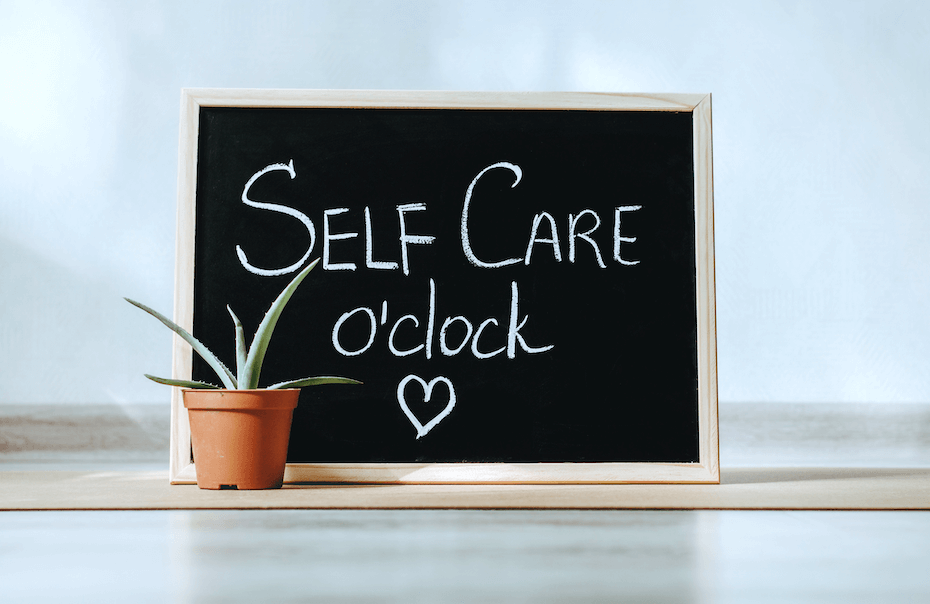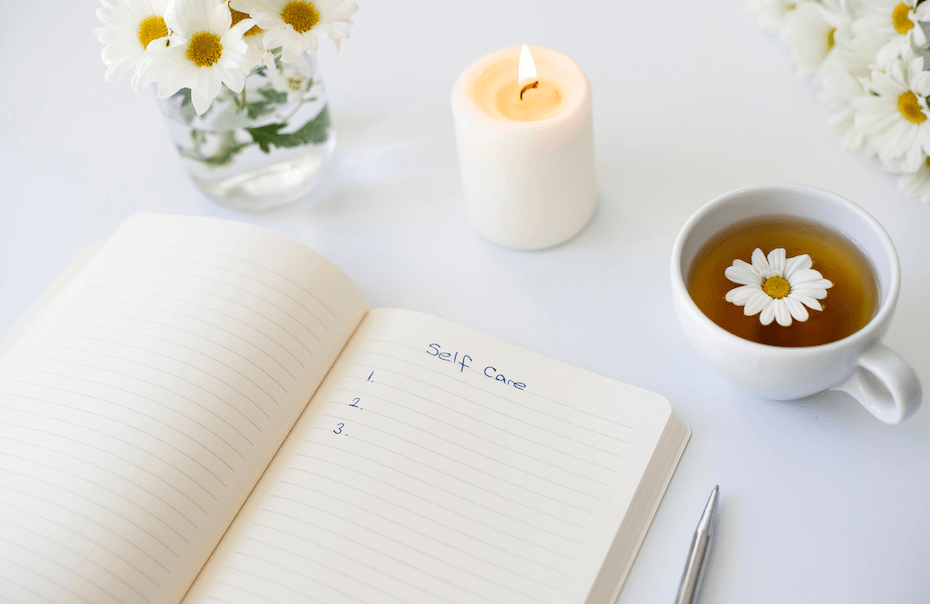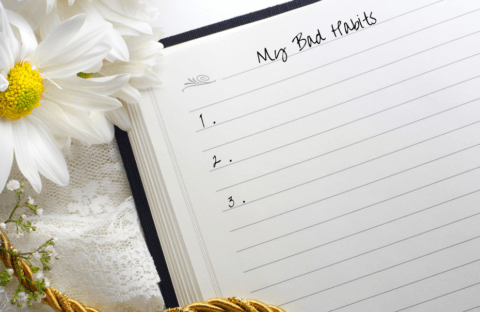Balancing work, home, relationships, and personal time can be challenging, and self-care is often relegated to the bottom of our to-do list. Many of us struggle to prioritise self-care and have no self-care routine, which can leave us feeling stretched thin or running on empty. These feelings are all too familiar for many.
If you find yourself nodding in agreement, it is time to start taking self-care more seriously. Self-care is often viewed as a luxury to be enjoyed when time permits, but in reality, it should be a regular part of our schedules. Making a consistent commitment to self-care could be the missing piece you need to be your best and give your best.
In this post, we will discuss the importance of self-care and suggest practical ways to make it a non-negotiable part of your life.
CONTENTS
The Importance of a Self-Care Routine
Nurturing and nourishing your physical, mental, and spiritual wellbeing is not optional – it is essential. Continuously placing others and other responsibilities before yourself will eventually catch up with you. As the famous saying goes, you should “… put your own oxygen mask on before helping others with theirs.” A dedicated self-care routine is not just a way to pamper yourself, it is a vital component of living a balanced and fulfilling life.
Why Self-Care is More Than Just a Buzzword
Self-care is frequently mentioned in wellness conversations, but its importance goes beyond being a trendy buzzword. Self-care is about recognising your needs and taking the necessary steps to fulfil them. Some see it as an occasional indulgence, but in reality, self-care is about sustaining your wellbeing over the long term. Here are just three areas of wellbeing that could benefit:
1. Better Physical Health
Regular self-care practices such as exercising, eating well, and getting enough sleep are foundational to physical health. Investing in these areas will not only improve your sense of wellbeing, but also boost your immune system and reduce the risk of illness.
2. Improved Mental Clarity
When you engage in self-care, particularly activities like mindfulness or journaling, you give your brain the chance to reset. This mental pause is great for mental wellness and clarity. Without these breaks, mental fatigue can accumulate, leading to burnout.
3. Greater Emotional Stability
Emotional overwhelm, especially if unaddressed, can lead to problems. Self-care provides the space to process emotions constructively. Taking the time to journal, spending time in nature, or simply talking things out will all help you achieve emotional balance.
The Real Impact of Neglecting Self-Care
Ignoring self-care can result in serious consequences. Over time, the absence of a self-care routine and the neglect of your needs can lead to physical, emotional, and mental strain. Let’s take a look at some of the challenges that can arise without self-care:
1. Increased Stress Levels
Without regular self-care, stress can accumulate. This can lead to chronic stress, which negatively affects both your physical and mental health. Chronic stress is linked to conditions such as hypertension, heart disease, and depression.
2. Poor Mental Health
Neglecting self-care can exacerbate mental health issues. When you do not make time for activities that rejuvenate you, feelings of anxiety and depression can worsen. Self-care acts as a buffer, helping you cope with daily challenges more effectively.
3. Decreased Productivity
Many people mistakenly believe that skipping self-care will allow them to get more done. In reality, the opposite is true. Without taking time to recharge, your productivity decreases as you become more fatigued and less focused.
Practical Ways to Build a Healthy Self-Care Routine
Feeling overwhelmed, depleted, frustrated, or even resentful are classic signs that you are neglecting your own needs. Taking time for yourself can sometimes feel selfish or even lead to guilt, and it is easy to convince yourself that there is no time in your busy schedule. However, integrating a self-care routine into your daily life doesn’t have to be complicated or time-consuming. Here are some simple yet effective self-care activities that can make a big difference:
-
- Go for a Walk – Including some physical activity in your day is great for both your physical and mental wellbeing. Walking is an easy and accessible self-care activity which can help clear your mind, boost your mood, and realign your thoughts.
- Take Some Alone Time – Taking just a few minutes to yourself can provide an opportunity to stop, breathe, and recalibrate. This small act of mindfulness can make a significant impact on your mental and emotional wellbeing.
- Learn to Say No – It is okay to say ‘no’! You don’t have to accept everything that comes your way. Saying ‘no’ to things that are not right for you is a powerful form of self-respect and self-care.
- Do Something You Love – Laughter is indeed medicine. Give yourself permission to have fun, laugh, and engage in activities that bring you joy. This nurtures your spirit and reinforces positive emotional health.
- Winding Down – Taking the time to unwind at the end of your day will increase your chances of a good night’s sleep, which is great for your mental and physical wellbeing.
- Keep a Journal – Regular journaling is a great way to reflect, gain clarity, and maintain a healthy perspective. Writing down your thoughts, feelings, and experiences is a great way to manage your mental and emotional wellbeing.
The key to effective self-care lies in taking it seriously. Creating a self-care routine that you stick to daily is probably easier than you think. Start by identifying small, manageable practices that you can easily integrate into your daily routine. Over time, these small acts of self-care will become habits, and the overall benefits will become increasingly evident.
Tools to Support Your Self-Care Routine
We have developed some excellent tools to support you on your self-care journey. Our Self-Care Journal Collection is designed to help you explore, prioritise, and maintain a healthy self-care routine. This collection includes four beautiful journals, each offering unique features:
I Am Enough Journal
This journal will help you celebrate your uniqueness by reminding you that you have value and a purpose. It aims to build self-worth, nurture self-love, and help you recognise your inherent value.
(Click to view this journal)
Taking Care of Me Journal
This journal will help you nurture your mental, spiritual, and physical wellbeing. It aims to inspire you to prioritise self-care, simply because you are worth it.
(Click to view this journal)
Reinventing Me Journal
This journal is designed for those who want change. It will inspire you to step out of your comfort zone, explore new possibilities, and work towards becoming the best version of yourself.
(Click to view this journal)
My Self-Care Habits Tracker and Journal
This tracker and journal is designed to help you reflect on your current self-care practices and cultivate new ones. It is a great tool for tracking your self-care habits and ensuring that you remain consistent with your self-care routine.
(Click to view this journal)
These journals are filled with self-care-themed affirmations, thought-provoking quotes, and prompts that can serve as daily reminders and inspiration on your self-care journey.
Making Self-Care a Lifelong Commitment
Hopefully, this post has helped you realise that self-care should not be a one-time task but a lifelong commitment. It requires making daily choices that honour your needs and enhance your quality of life. As you start to prioritise self-care, you will likely notice a positive shift in your energy, outlook, and overall satisfaction with life.
Perhaps the main takeaway from this post is that self-care is not selfish – it is essential! By taking care of yourself, you are better equipped to handle life’s challenges and be there for those you care about. Make self-care a non-negotiable part of your routine, and enjoy the transformation it brings to your life.







